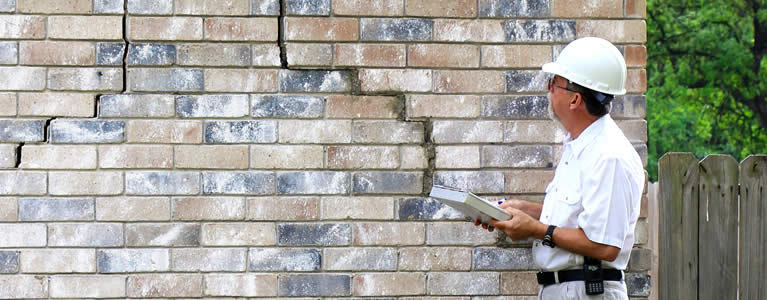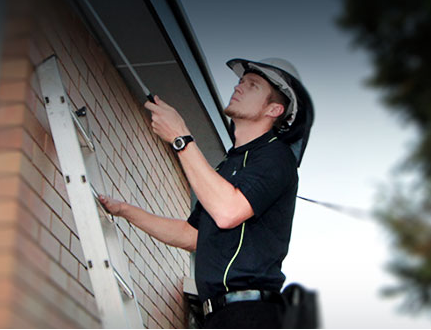Pre Purchase Building Inspections Melbourne, Building inspectors are essential in ensuring that buildings and structures are safe for people to move into and out of. While they are often called building inspectors there are many types to choose from. Some of the different types of building inspectors are general practitioners, commercial construction managers, and safety rating inspectors. All three play a vital role in ensuring that construction and building inspections Melbourne projects are done to the highest standard possible, with minimal risk of danger to individuals. Here’s a quick look at the different types of building inspectors to choose from, so you can get a better understanding of which may be right for your needs.
General Practitioners are the basic building inspectors. They ensure that home and construction inspectors adhere to all applicable building codes and regulations in different areas of the country. They inspect everything, from electrical work to natural catastrophes that could threaten homes or buildings. A majority of general practitioners are responsible to inspect a variety of buildings. Many home inspectors aren’t willing to leave the job, even though they may be experts in a specific type of project. They are very good at finding problems, documenting them, and reporting their findings to the proper authorities. These examiners have a large number of references that they can refer to when making recommendations to contractors and employers.
Commercial Construction Manager: Also known as project managers, commercial builders managers perform a variety of tasks. First, they need to assemble the various construction teams, working with each one to ensure that it is following the laws and regulations governing the project. Next, they oversee all trades and ensure that regulations are being adhered to. They also have the final authority on any matters relating to any mechanical or electrical inspectors required to be employed on this project.

Plumbing Inspectors: All plumbing inspectors must have a good understanding of the various codes, plans, specifications, and regulations that surround buildings. Specifically, they need to understand any permits which must be obtained and follow any codes. Specific plumbing inspectors also need to have knowledge of any municipal regulations. Building codes and safety regulations can vary significantly from town to town and state to state. It is therefore essential for a plumber inspector to be familiar with all laws and regulations.
Specification Inspectors: Also known by the names blue seal and blueprint inspectors, these individuals check construction projects for compliance to local building codes. They perform a three-step process when they are inspecting a plan or specification. They review the original drawings and plans as the first step. The second step is to contact the supplier for the materials required for the construction project. They then find the supplier within the timeframe. After locating the supplier, the inspector compares the materials to the original drawings.
Coating Inspectors: These individuals inspect structures for any visible defects such as cracks, deterioration, or deterioration. All coating inspectors should have a good understanding of the municipal building codes. They also need to have taken specialized courses on applied physics. Coating inspectors are often involved in ensuring that new structures meet applicable building codes. Often they will liaise between various parties.
Electrical Inspectors. All home inspectors will conduct visual inspections of the following systems: heating system, chimney insulation, chimney, chimney, attic windows, registers and heating system. On large projects, there will be one to two electrician inspectors. A special license is required for electrical inspectors to inspect homes. This is because specific requirements are required for building inspections that take place in areas where electricity is present.
Different types of Building Inspectors require varying licenses and qualification. In addition to obtaining their license, they will also need to undergo specialized training to qualify as a full-fledged building inspector. The majority of certification programs are geared towards new home inspectors and commercial building inspectors who specialize inspections of multi-level dwellings (also called multi-family residences). Most states require new home inspectors and commercial building inspectors to pass exams before they can take their licensing exam.
